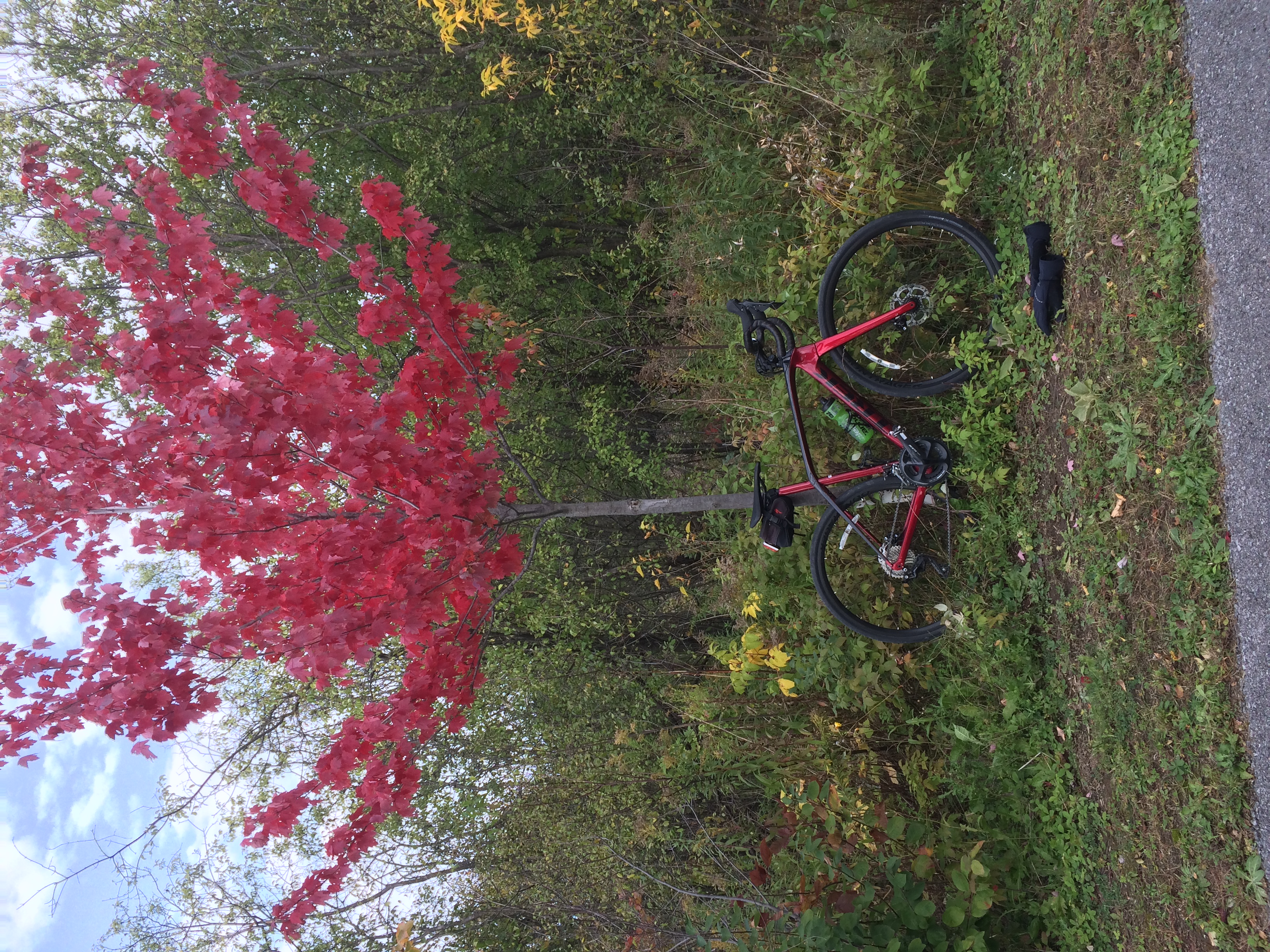Physical Education Teacher-Coaches’ Epistemological Beliefs about the Source and Simplicity of Knowledge
Abstract
Epistemological beliefs, or beliefs about knowledge and learning, help to inform teaching and coaching practices, and may have significant learning and developmental outcomes for students. The aim of this study was to better understand the epistemological beliefs of high school physical education teacher-coaches as it relates to the sources and simplicity of games knowledge and how those beliefs inform their instructional practices when teaching games or coaching extracurricular sports in schools. A qualitative grounded-theory method was used in this study in the form of in-depth semi-structured interviews conducted with six secondary school physical education teacher-coaches from south-central Canada. Teacher-coaches believed that games knowledge in both physical education and extracurricular sports originate from a variety of internal and external sources, portray games knowledge as both simple and complex, associate physical education and extracurricular sports with different knowledge or learning processes, and differentiate their instructional strategies more in physical education compared to their coaching practices. These results have theoretical and practical implications for enhanced teaching and coaching practices, as well as teacher education and coach-training programs, with the ultimate aim of enriching students’ learning experiences in physical education and interscholastic sport.
Published
Issue
Section
License
Authors who publish with this journal agree to the following terms:
- Authors retain copyright and grant the journal right of first publication with the work simultaneously licensed under a Creative Commons Attribution-Share Alike 2.5 Canada License that allows others to share the work with an acknowledgement of the work's authorship and initial publication in this journal.
- Authors are able to enter into separate, additional contractual arrangements for the non-exclusive distribution of the journal's published version of the work (e.g., post it to an institutional repository or publish it in a book), with an acknowledgement of its initial publication in this journal.
- Authors are permitted and encouraged to post their work online (e.g., in institutional repositories or on their website) after publication, while providing bibliographic details that credit PHENex (See The Effect of Open Access).


